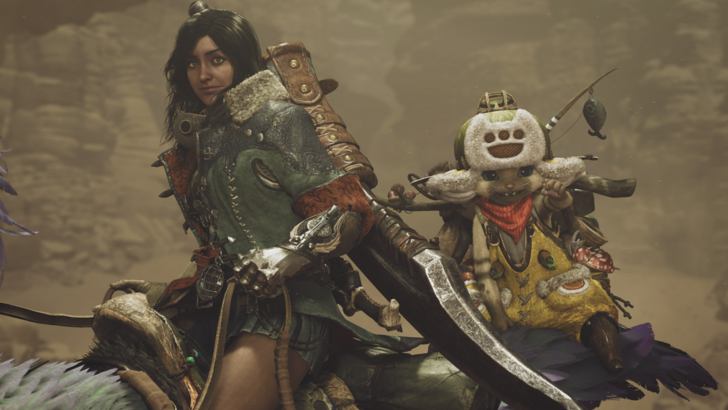
Following the breakthrough success of Monster Hunter World, Capcom has geared up to shake up the series with Monster Hunter Wilds.
Related VideoWe Wouldn’t Have Monster Hunter Wilds If It Wasn’t For World
Capcom Hopes to Capitalize on Extended Global Reach with Monster Hunter WildsRedefining the Monster Hunter's Hunting Grounds
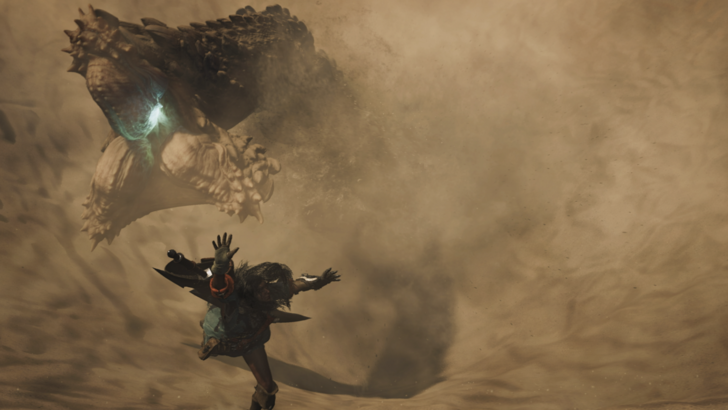
Monster Hunter Wilds is Capcom's ambitious new entry in the Monster Hunter series that transforms the franchise's epic battles into a dynamic, interconnected world teeming with a living ecosystem that evolves in real time.
In an interview with Game Developer at the recent Summer Game Fest, series producer Ryozo Tsujimoto, executive director Kaname Fujioka, and game director Yuya Tokuda discussed how Monster Hunter Wilds is set to transform the series. They emphasized a new focus on seamless gameplay and an immersive environment that responds to player actions.
Just as in previous Monster Hunter games, players take on the role of hunters in an unexplored locale filled with new wildlife and resources in Monster Hunter Wilds. However, the game's demo at Summer Game Fest showcased a departure from the series' traditional mission-based structure. Instead of segmented zones, Wilds showed a seamless, open world where players can freely explore, hunt, and interact with the environment.
"The seamlessness of the game is really one of our core efforts in designing Monster Hunter Wilds," said Fujioka. "We wanted to create detailed and immersive ecosystems that necessitate a seamless world filled with hostile monsters you can freely hunt."
In-Game World is Immensely Dynamic
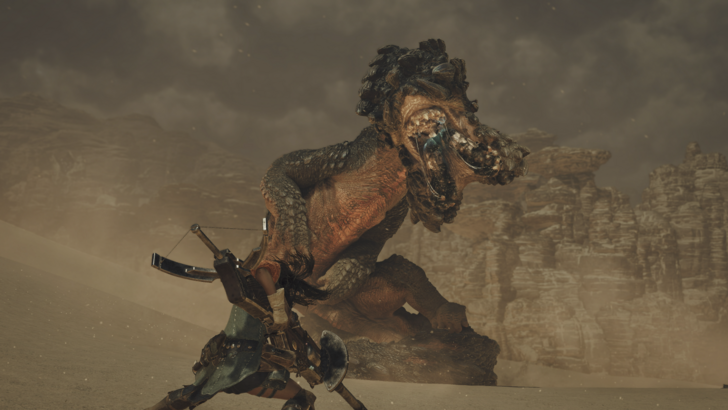
The demo featured desert settlements, vast biome and monsters, as well as NPC hunters. The game's new approach allows players to choose targets or which actions to take without the constraints of a timer and offers a more freeform hunting experience. Fujioka highlighted that it is important to interact with the world. "We focused on interactions like packs of monsters chasing down targets and how they conflict with human hunters. These characters have 24-hour behavior patterns, making the world feel more dynamic and organic."
Monster Hunter Wilds also features real-time weather changes and shifting monster populations. Game director Yuya Tokuda explained how new technology enabled this dynamic world. "Building out a massive, changing ecosystem with more monsters and interactive characters was a big challenge. Environmental changes happen simultaneously, something we couldn't achieve before."
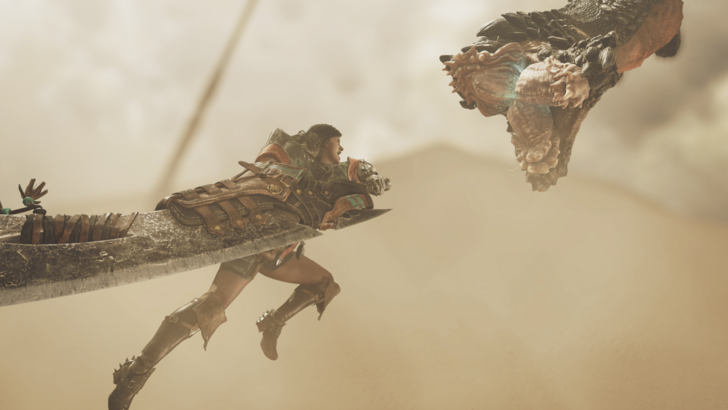
The success of Monster Hunter World offered Capcom valuable lessons and influenced the development of Wilds. Series producer Ryozo Tsujimoto said that taking into account their wider global approach was significant throughout the development process. "We approached Monster Hunter World with a global mindset, focusing on simultaneous worldwide release and extensive localization. This global perspective helped us consider players who haven't played Monster Hunter in a long time and how to bring them back."

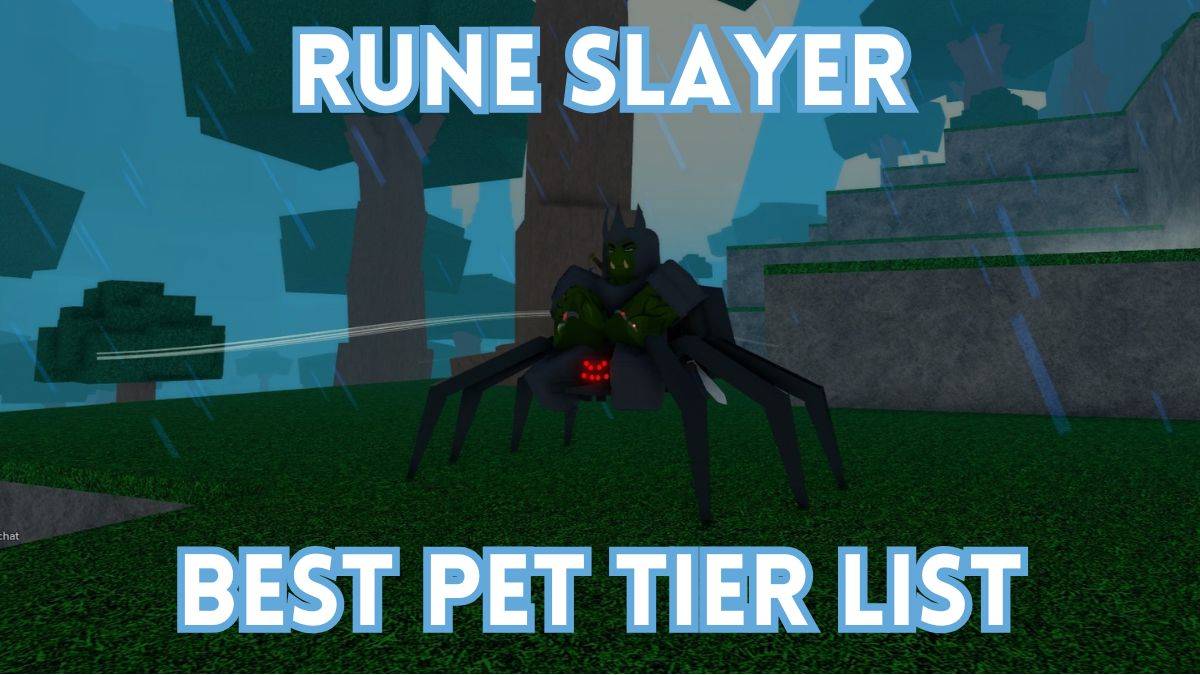





![Chubby Story [v1.4.2] (Localizations)](https://images.737c.com/uploads/85/1719638042667f981a5e9f8.jpg)

